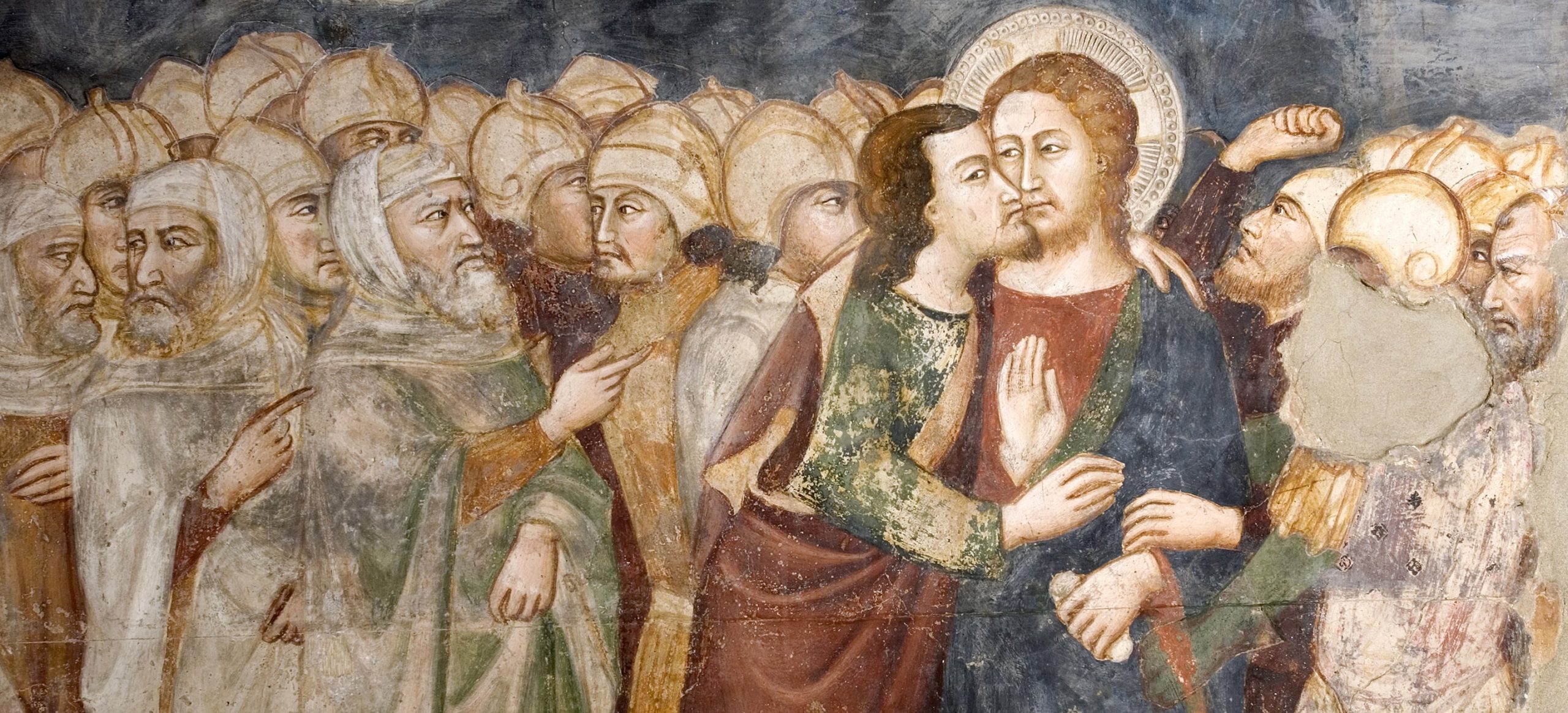Introduction
The denial of Jesus by Peter is a powerful and heart-wrenching episode in the New Testament, highlighting human frailty and the capacity for repentance and forgiveness. Peter, one of Jesus’ closest disciples, denied knowing Jesus three times on the night of His arrest, fulfilling a prophecy made by Jesus Himself. This event, recounted in the Gospels of Matthew, Mark, Luke, and John, is a poignant reflection of fear, guilt, and eventual redemption. This article delves into the details of Peter’s denial, the emotional and spiritual implications of his actions, and the profound feelings of guilt and remorse that followed.

The Setting and Context
The Last Supper and Prediction: During the Last Supper, Jesus predicted that His disciples would desert Him. Specifically, He told Peter, “Before the rooster crows, you will disown me three times” (Matthew 26:34). Despite Peter’s vehement protestations of unwavering loyalty, the prophecy set the stage for the events that would unfold later that night.
The Arrest of Jesus: Following the Last Supper, Jesus and His disciples went to the Garden of Gethsemane, where He was later arrested. After His arrest, Jesus was taken to the house of the high priest. Peter, following at a distance, entered the courtyard, where he was confronted by various individuals who recognized him as a follower of Jesus.
The Three Denials

First Denial: Peter’s first denial occurred when a servant girl identified him as one who was with Jesus. Peter responded, “I don’t know what you’re talking about” (Matthew 26:70). This initial denial marked the beginning of Peter’s fear-driven actions, as he distanced himself from Jesus to avoid arrest and possible punishment.
Second Denial: Shortly afterward, another servant girl saw Peter and said to the people there, “This fellow was with Jesus of Nazareth” (Matthew 26:71). Again, Peter denied it with an oath, “I don’t know the man!” (Matthew 26:72). His denials grew more intense as the pressure and fear of association with Jesus increased.
Third Denial: Later, those standing near said to Peter, “Surely you are one of them; your accent gives you away” (Matthew 26:73). Peter began to curse and swear, saying, “I don’t know the man!” (Matthew 26:74). Immediately, a rooster crowed, fulfilling Jesus’ prediction. This third and most vehement denial marked the culmination of Peter’s fear and failure.
The Resulting Feelings of Guilt and Remorse
Realization and Remorse: As the rooster crowed, Peter remembered Jesus’ words and realized the magnitude of his denial. The Gospel of Luke adds a poignant detail: “The Lord turned and looked straight at Peter” (Luke 22:61). This moment of eye contact between Jesus and Peter intensified Peter’s guilt and sorrow. Overwhelmed by his actions, Peter “went outside and wept bitterly” (Matthew 26:75). His tears were a profound expression of his remorse and heartbreak over having denied his beloved teacher and friend.
Depth of Guilt: Peter’s guilt was profound, stemming from his deep love and loyalty to Jesus juxtaposed with his failure to stand by Him in His hour of need. Peter’s vehement denials and subsequent remorse highlight the intense emotional conflict within him. His guilt was not just about lying but about betraying the trust and relationship he had with Jesus.
The Path to Redemption
Post-Resurrection Restoration: After Jesus’ resurrection, He appeared to His disciples multiple times. One significant encounter took place by the Sea of Galilee, where Jesus reinstated Peter. Jesus asked Peter three times, “Do you love me?” (John 21:15-17), mirroring the three denials. Each time Peter affirmed his love, Jesus instructed him to “Feed my lambs” and “Take care of my sheep.” This threefold affirmation symbolized Jesus’ forgiveness and Peter’s restoration, highlighting the possibility of redemption and renewal despite past failures.
Peter’s Transformation: Following his reinstatement, Peter underwent a profound transformation. He became a bold and passionate leader in the early Christian church. The Acts of the Apostles describe Peter’s powerful sermons, miraculous healings, and unwavering dedication to spreading Jesus’ teachings. His journey from denial to leadership underscores the theme of redemption and the transformative power of forgiveness.
Theological Implications
Human Frailty and Divine Forgiveness: Peter’s denial and subsequent restoration highlight the themes of human frailty and divine forgiveness. His actions demonstrate that even the most devout can falter, but Jesus’ response emphasizes the availability of grace and forgiveness. This narrative reassures believers that failure is not the end but can be a step toward growth and renewal.
The Importance of Repentance: Peter’s bitter weeping signifies genuine repentance, which is crucial for forgiveness and restoration. His sorrowful acknowledgment of his failure is a model for believers, emphasizing the importance of contrition and the willingness to seek God’s mercy.
Role of Peter in the Early Church: The reinstatement of Peter underscores his pivotal role in the early Christian church. Despite his moment of weakness, Jesus entrusted Peter with significant responsibilities, highlighting the transformative power of grace and the potential for leadership and service, even after failure.
Conclusion
The denial of Jesus by Peter is a deeply sorrowful yet profoundly instructive episode in the New Testament. It illustrates the human vulnerability to fear and failure, the depth of guilt and remorse that follows betrayal, and the power of forgiveness and redemption. Peter’s journey from denial to repentance and restoration is a powerful testament to the themes of grace, redemption, and the enduring love of Jesus Christ.
